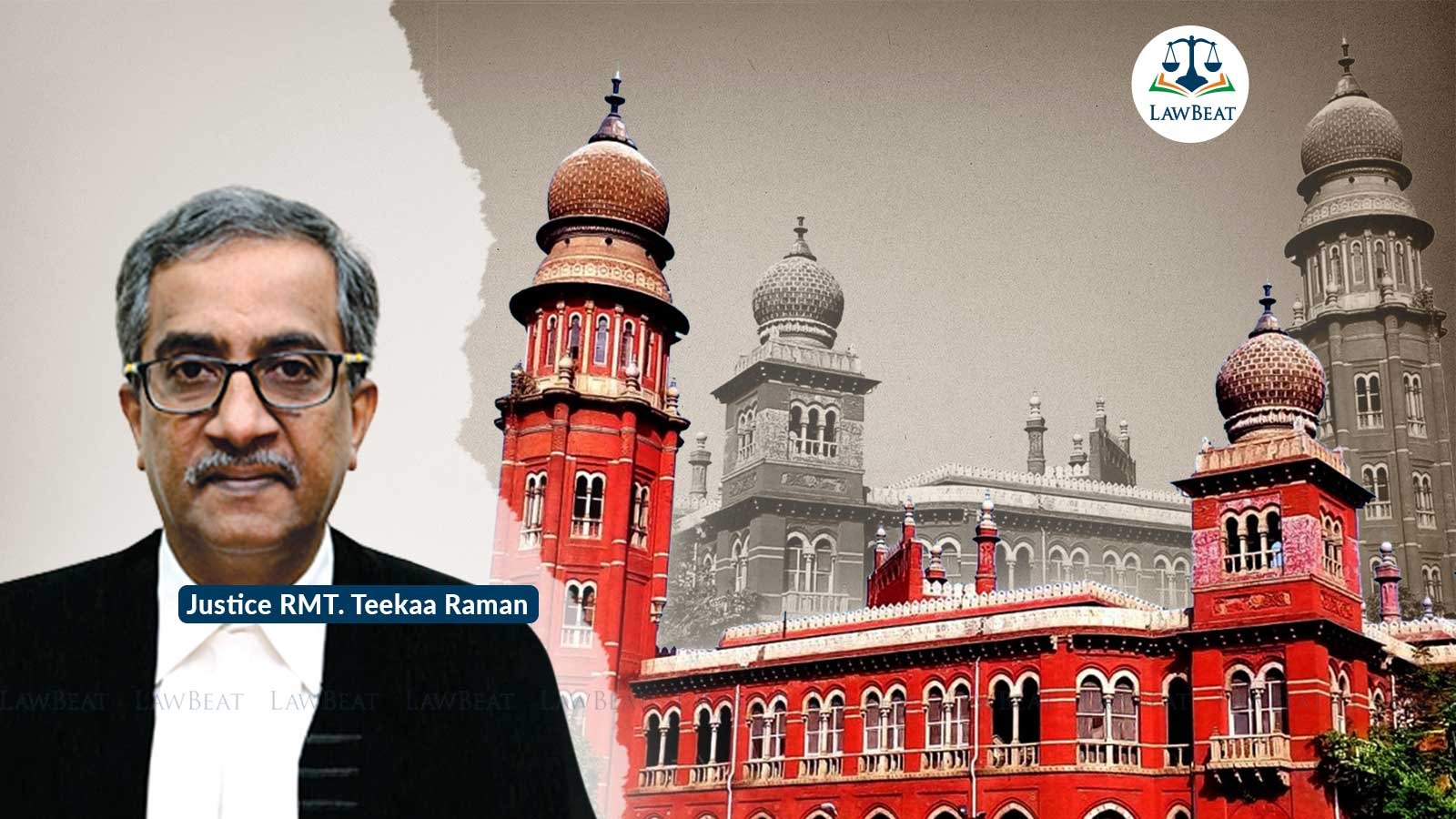Madras High Court Grants Anticipatory Bail to Four Youth With Condition to Clean Classrooms and Prepare Notes on Gandhi, Kamaraj and Dr. Kalam

The students had allegedly assaulted the school watchman and damaged the school properties
In a notable legal decision, Justice RMT Teeka Raman of the Madras High Court recently granted anticipatory bail to four college students who faced charges filed by the Tamil Nadu police following an incident involving their former school.
Justice Teeka Raman's bail order, issued on September 29, imposed certain unique conditions on the accused students.
Firstly, each of them was required to furnish a bail bond of Rs 1,000. Additionally, as part of their bail conditions, the students were directed to undertake community service in the form of cleaning at least four classrooms at the Montfort Anglo Indian Higher Secondary School in Yercaud, where the incident occurred.
Moreover, the students were instructed to spend a week in the school library and e-library to study and prepare handwritten notes, comprising not less than four pages, on selected topics. These topics included non-violence based on Mahatma Gandhi's writings, educational schemes advocated by former Chief Minister K Kamaraj, and the dreams and vision of the late Dr. APJ Abdul Kalam.
"School is situs for transformation of personality traits and for reformation via love and disciple. Education is a platform for acquisition of knowledge, as knowledge is power," said the judge.
The case against the students pertained to an incident that transpired earlier this year when these students, then in Class XII, engaged in a dispute with junior students during a school retreat festival in August.
The dispute, sparked by differences over the choice of music, escalated into a violent altercation, resulting in damage to school property and injuries to students and staff.
In a commendable move to promote accountability and education, Justice Teeka Raman allowed pre-arrest bail to the student while imposing the abovementioned conditions.
Furthermore, he emphasized the importance of the accused persons' original work, cautioning against plagiarism and electronic copying. The judge insisted that the students must create their own handwritten notes rather than resorting to digital sources.
He also directed the students to submit their essays on the specified topics to the headmaster of their alma mater. Additionally, he ordered that these essays be published on the school's official website, where they would remain accessible for a year.
Case Title: Selva Muthukumar and Others v. State
